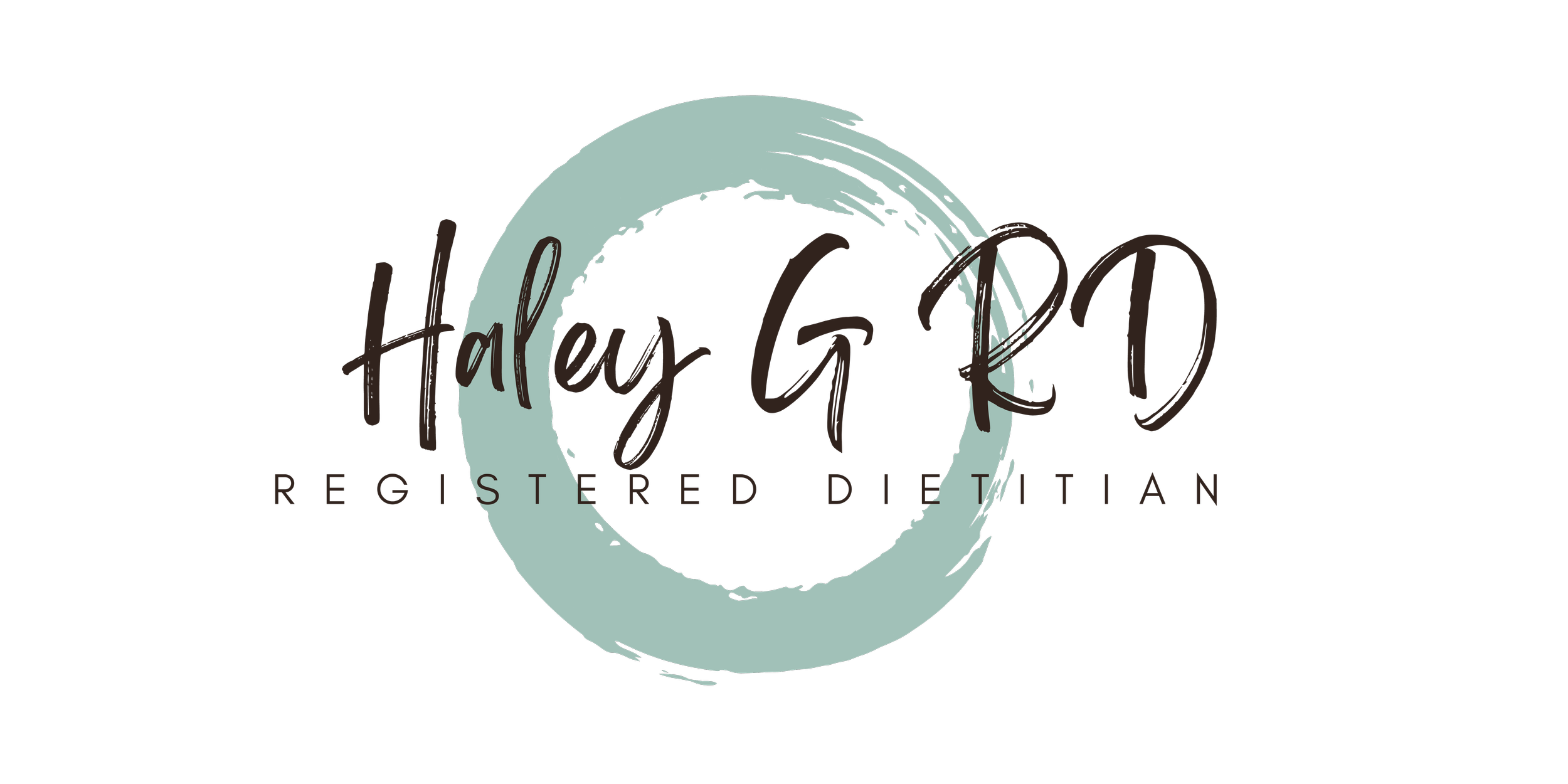How your body burns calories
Have you ever seen those graphics showing how many minutes of walking, running, biking etc. it takes to burn off certain foods? “You have to run 22 minutes to burn off a chocolate bar”. OR the workout routines online or in magazines that say “how to burn 300 calories in 30 minutes!”
As a dietitian who helps women ditch dieting while still supporting their health and feeling good in their skin, I have a bone to pick with these statements. They are not only inaccurate but very misleading. They lead you to believe the only way our body burns calories is through exercise. That you have to either work off or earn your food. And they completely ignore all the other factors that influence how we break down and use energy aka burn calories.
So how does our body burn calories? Let’s break it down.
TDEE = Total Daily Energy Expenditure This is referring to how much energy (or calories) your body uses throughout the day to keep you alive and going while you work on your never-ending to do list.
BMR = Basal Metabolic Rate
This is referring to how many calories you burn at rest. Like if you slept all day long or barely moved off the couch and away from the TV for the day. Yes you would still burn calories. And as you can see this counts for a ~70% of our total daily calorie burn. Does that surprise you?
NEAT = Non exercise Activity Thermogenesis
This is referring to how many calories you burn through your daily activity, not including your planned workouts. For example, walking through the grocery store, vacuuming, doing dishes, playing with your kids etc. This accounts for roughly 15% of your daily calorie burn depending on how active you are of course. But as you can see, just being more active throughout the day such as standing at your desk or taking more movement breaks can add up!
TEF = Thermic Effect of Food
This is how many calories your body uses when breaking down and digesting your food. Some foods, like protein rich foods, require more energy to breakdown. This accounts for roughly 10% of your calorie burn. Which is just one reason why we have to consider now only how much you eat but also what you eat when working to improve your metabolism and work towards a fat loss goal.
EAT = Exercise Activity Thermogenesis
We have finally made it to the top where we have the amount of calories your gym workouts burn. As you can see this is the smallest percentage at just about 5%. So while working out can be incredibly helpful, it’s not necessarily because of the amount of calories you burn.
Those graphics I mentioned at the beginning lead us to believe this chart is flipped with exercise being the majority of our calorie burn, but that is fortunately not the case. But I’m not suggesting that you stop working out or moving your body, but hopefully this will allow you to shift your view on exercise from “how many calories can I burn in an hour” to “how can I build strength and flexibility”.
Your BMR = metabolic rate, so how do we work to increase that since it is such a big portion of our calorie burn?
There is a lot to unpack since so many things impact your metabolism from your gut health to the amount of sleep you get, the type of workouts you’re doing to level of stress you have.
I want to give you my top 3 things to start thinking about if you want to increase your BMR.
Eating enough. One of the quickest ways to tank your metabolic rate is by under eating. So all those 1000-1200 calorie diets are NOT going to do your metabolism any favors or support your fat loss efforts in the long run.
Strength train. Building muscle is one of the best ways to boost your metabolic rate. Muscle requires more energy at rest, therefore the more muscle you have the more energy your body requires sitting on the couch watching TV.
Get in your protein. Not only does eating enough protein help with TEF, but it supports your BMR by helping you build muscle or at least prevent further loss. This is especially important if you are currently in a fat loss phase and in a calorie deficit.
One last reminder that calorie burn is not the only thing that matters when it comes to getting healthier. It is an important piece of the fat loss puzzle, but it’s not the only one!
I’d love to hear if this was helpful for you. DM over on Instagram and let me know what you found the most interesting or how this changes your view on calories.



